Bangladesh: Business as Usual as Garment Brands Stall Progress
International Trade Union Confederation
International and European trade union bodies are calling on the European Union to bolster action on workers’ rights and safety in Bangladesh’s garment industry. The Bangladesh government has failed to implement vital labour law reforms, and a compensation fund for victims of the Rana Plaza disaster still remains US$ 9 million short of the target.


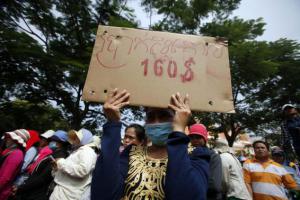
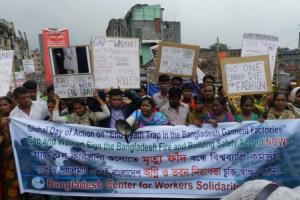

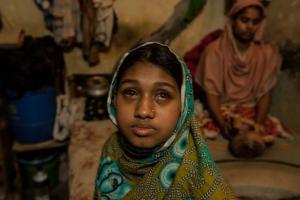

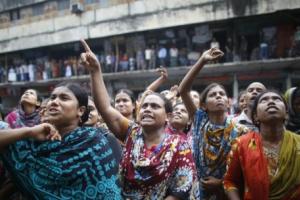
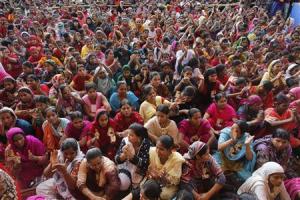

Spread the word